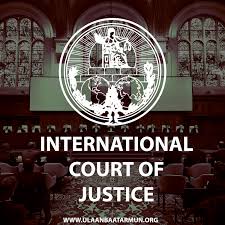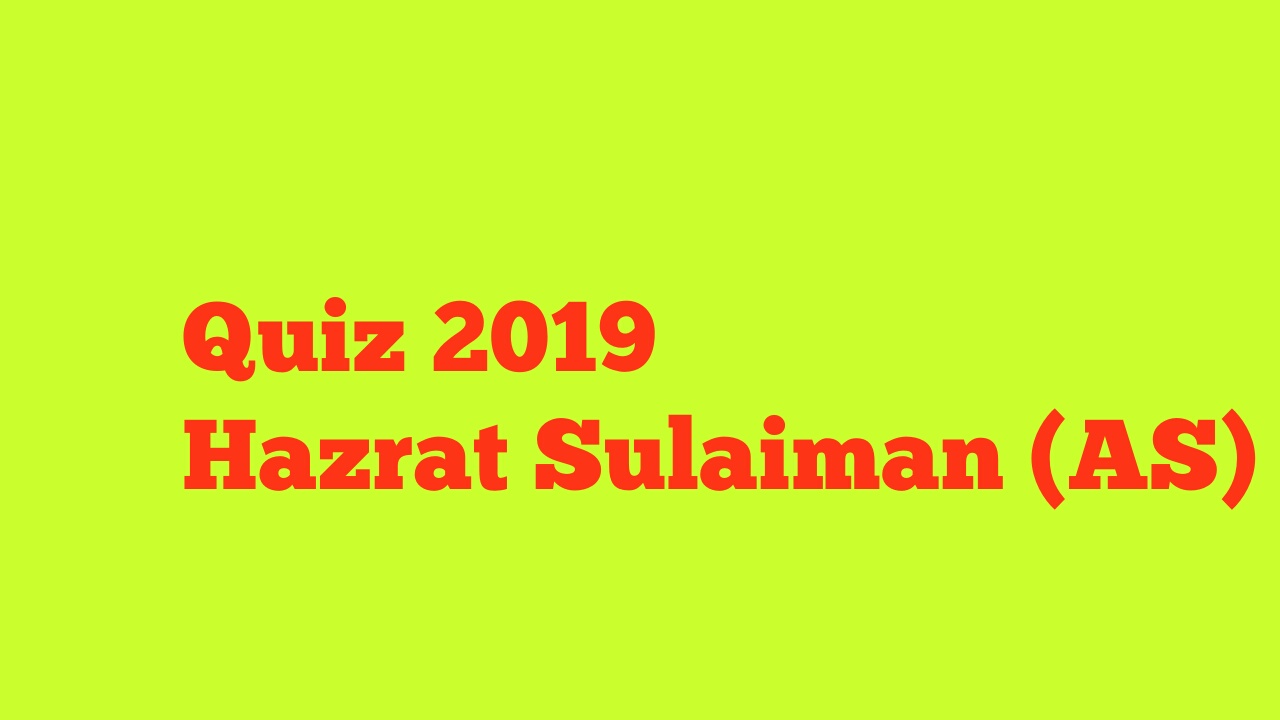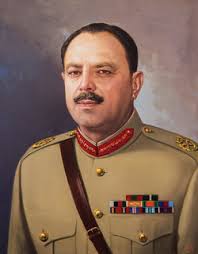Answers of Quiz 1803 (International Court of Justice)
1. The International Court of Justice settles legal disputes submitted to it by states and provides advisory opinions on legal questions submitted to it by duly authorized international branches, agencies, and the UN General Assembly.
2. The International Court of Justice
3. English and French
4. (D) World Court
5. 15 Judges
6. (D) General Assembly and Security Council
7. 9-year
8. 5 Judges
9. 5 seats
10. 3 seats
11. 2 seats
12. 3 seats
13. 2 seats
14. 3 seats
15. 1 seat
16. 1 seat
17. (A) The Hague, Netherlands
18. Ronny Abraham
19. Abdulqawi Yusuf
20. Only States are eligible to appear before the Court in contentious cases. At present, this basically means the 193 UN Member States.
21. The International Court of Justice has no jurisdiction to try individuals accused of war crimes or crimes against humanity. As it is not a criminal court, it does not have a prosecutor able to initiate proceedings. This task is the preserve of national courts, the ad hoc criminal tribunals established by the United Nations (such as the International Criminal Tribunal for the former Yugoslavia (ICTY) and the International Criminal Tribunal for Rwanda (ICTR)) or in co-operation with it (such as the Special Court for Sierra Leone)), and also of the International Criminal Court, set up under the Rome Statute.
2. The International Court of Justice
3. English and French
4. (D) World Court
5. 15 Judges
6. (D) General Assembly and Security Council
7. 9-year
8. 5 Judges
9. 5 seats
10. 3 seats
11. 2 seats
12. 3 seats
13. 2 seats
14. 3 seats
15. 1 seat
16. 1 seat
17. (A) The Hague, Netherlands
18. Ronny Abraham
19. Abdulqawi Yusuf
20. Only States are eligible to appear before the Court in contentious cases. At present, this basically means the 193 UN Member States.
21. The International Court of Justice has no jurisdiction to try individuals accused of war crimes or crimes against humanity. As it is not a criminal court, it does not have a prosecutor able to initiate proceedings. This task is the preserve of national courts, the ad hoc criminal tribunals established by the United Nations (such as the International Criminal Tribunal for the former Yugoslavia (ICTY) and the International Criminal Tribunal for Rwanda (ICTR)) or in co-operation with it (such as the Special Court for Sierra Leone)), and also of the International Criminal Court, set up under the Rome Statute.



Comments
Post a Comment